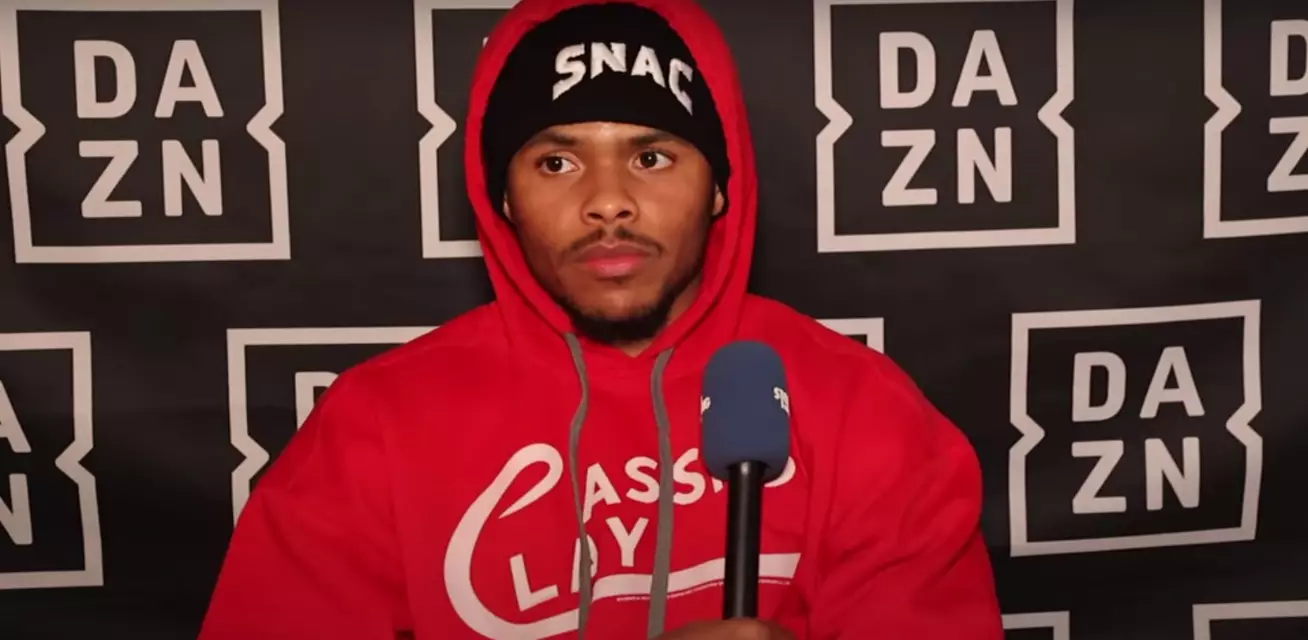Shakur Stevenson, the reigning WBC lightweight champion, finds himself in an unexpected predicament. Originally set to defend his title against Floyd Schofield, the match faces disruption due to Schofield’s illness. As he navigates this sudden change, the stakes of the lightweight division become more consequential. The prospect of selecting a replacement opponent has emerged, with Josh Padley and Moussa Gholam under consideration. However, both options are regarded as subpar within the boxing community. This scenario raises concerns about the quality and competitiveness of the fight Stevenson might deliver, as well as the reverberations that could follow for his career trajectory and potential future matchups.
Choosing either Padley or Gholam is not a decision filled with promise. Critics argue that neither contender possesses the pedigree or recognition necessary to justify a WBC title fight, thereby undermining the significance of Stevenson’s defense. This is a pivotal moment for Stevenson; if he opts for a lackluster opponent, there is a genuine risk of his reputation suffering long-term consequences. A victory over such fighters may ultimately diminish his appeal in the eyes of bigger names in the sport, particularly Gervonta Davis, with whom Stevenson has frequently been linked. The boxing audience craves compelling matchups, and if Stevenson fails to deliver, it raises questions about his ability to attract high-stakes bouts.
Some observers suggest that this situation is emblematic of karma for Stevenson, who handpicked Schofield over more formidable contenders like Andy Cruz, Ernesto Mercado, and Edwin De Los Santos. This strategic choice has backfired, as the goal of enhancing his profile through competitive fights hasn’t materialized. Instead, he finds himself grappling with fallout from opting for an inexperienced young fighter. The ill consequences of this decision exemplify the risks inherent in matchmaking and the broader implications it can have on a champion’s standing in the sport.
Looking forward, it is crucial that Stevenson’s management recalibrates their approach to matchmaking. With ranked fighters like Cruz available, the potential for a more credible challenge looms large. The importance of facing proven adversaries cannot be overstated in a division that thrives on excitement and intrigue. Stevenson’s ambition to secure a high-profile clash with Davis hinges on his performances and the fighters he chooses to engage. A lack of compelling competition could stymie opportunities for significant bouts, which are essential for both financial success and legacy building.
Shakur Stevenson’s upcoming title defense has devolved into a situation ripe with complications and uncertainty. While the choice of a replacement opponent looms ominously, the long-term implications for his career trajectory are paramount. As he stands on the precipice of potentially weaker matchups, Stevenson’s need to assert himself as a formidable champion is more pressing than ever. Ultimately, the right fight against a worthy opponent not only serves to defend his title but can also reinforce his ambitions of facing the elite in the lightweight division. A strategic pivot is essential for revitalizing his aspirations and ensuring that he remains a relevant force in boxing’s competitive landscape.


Leave a Reply